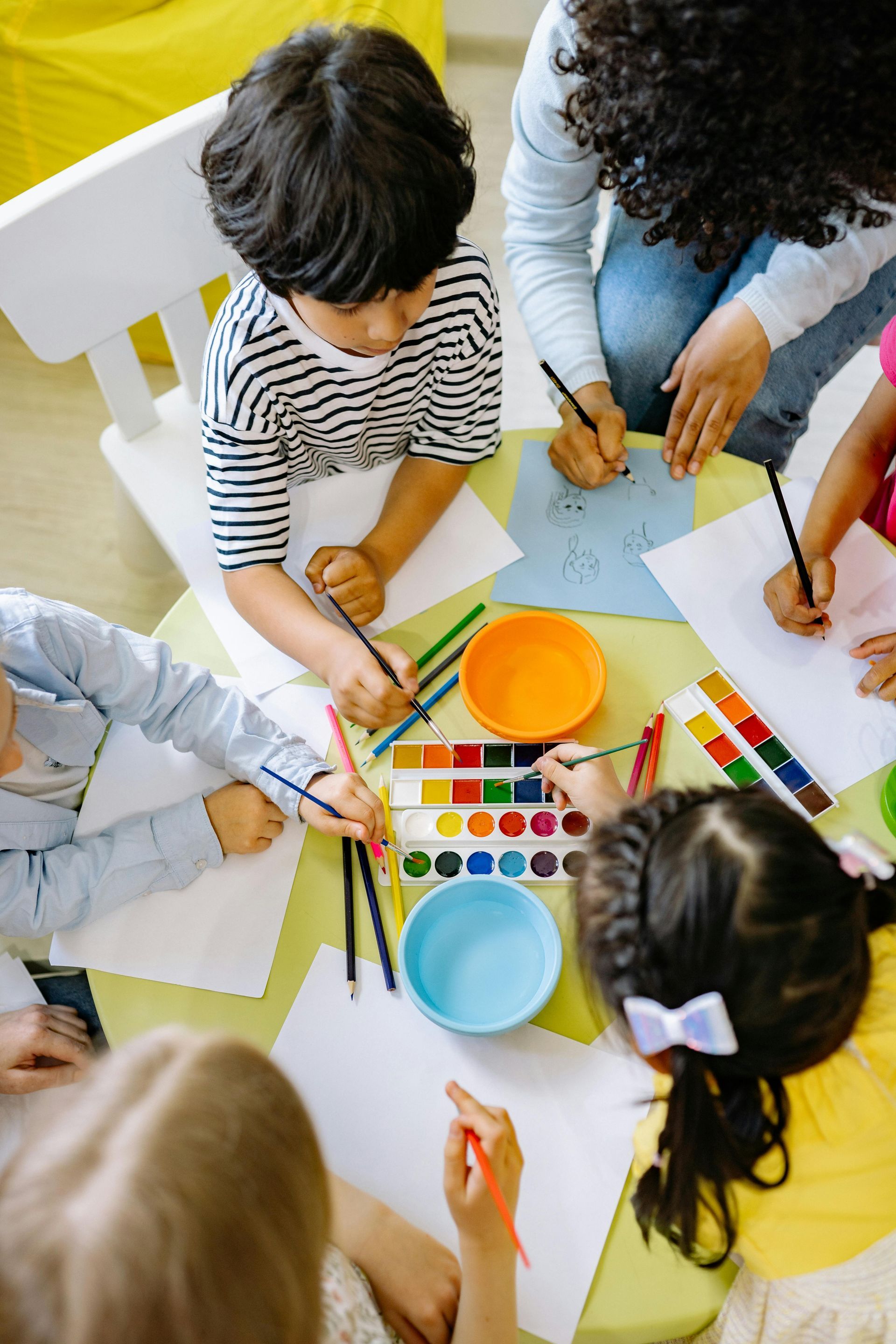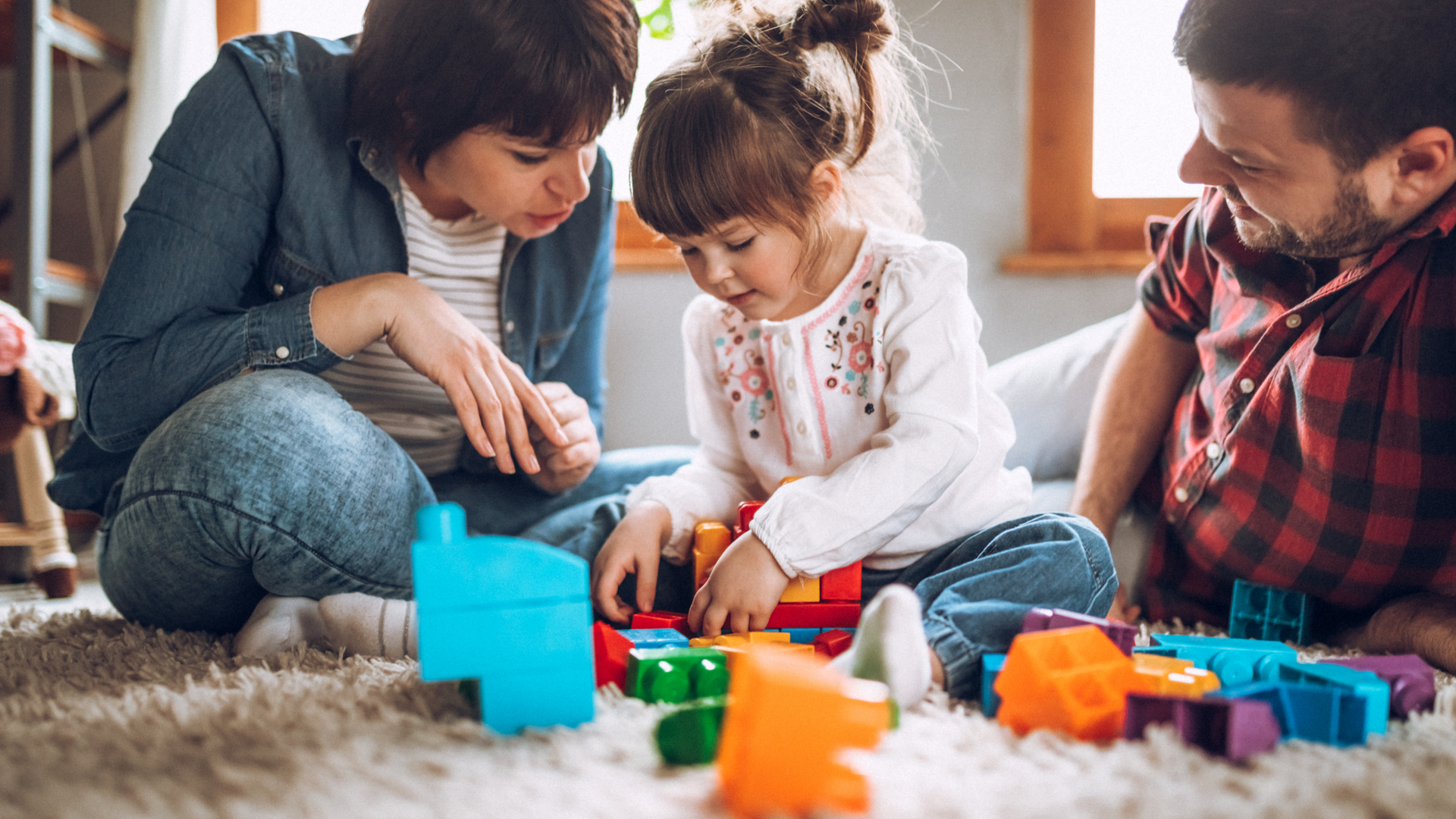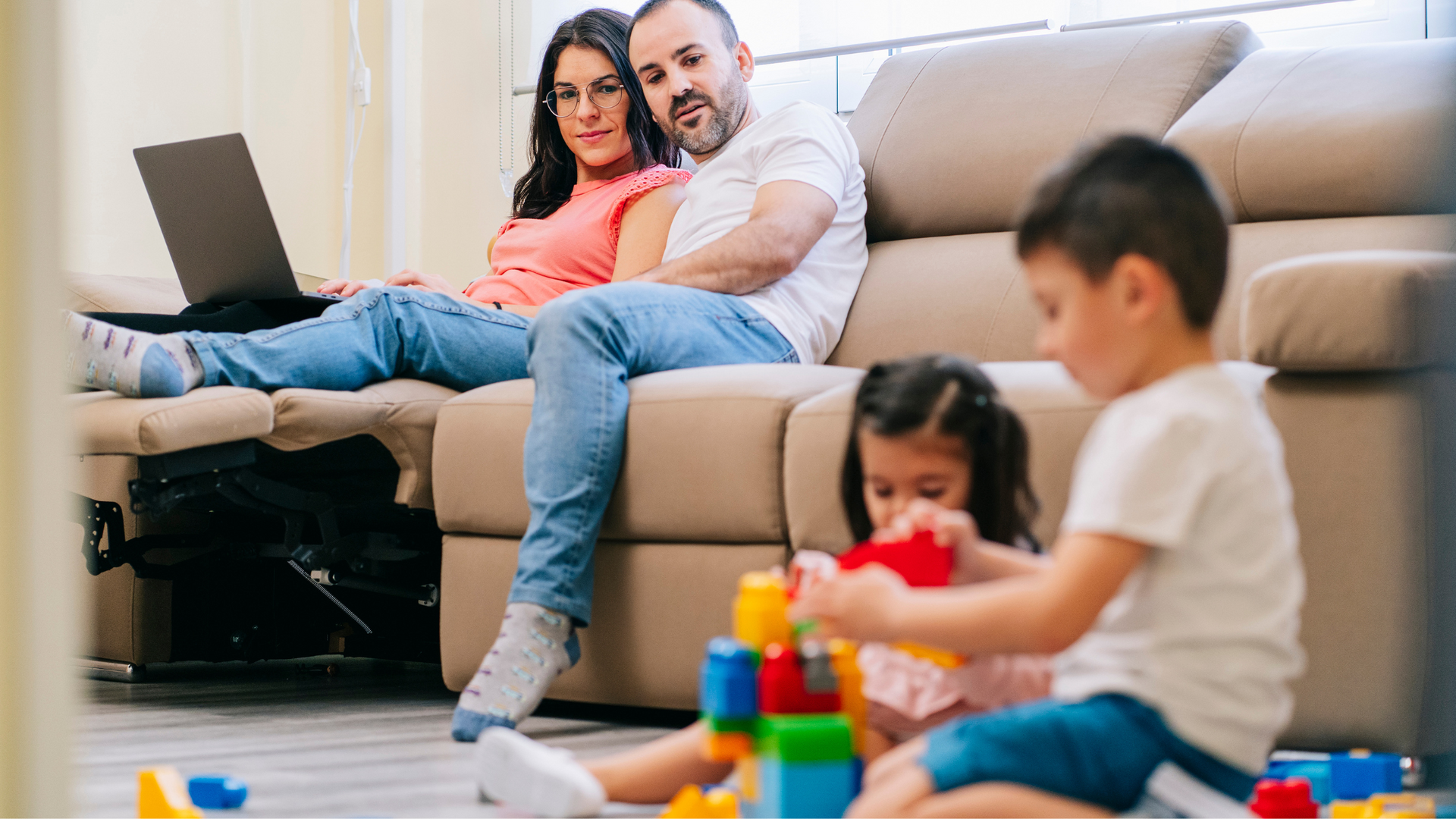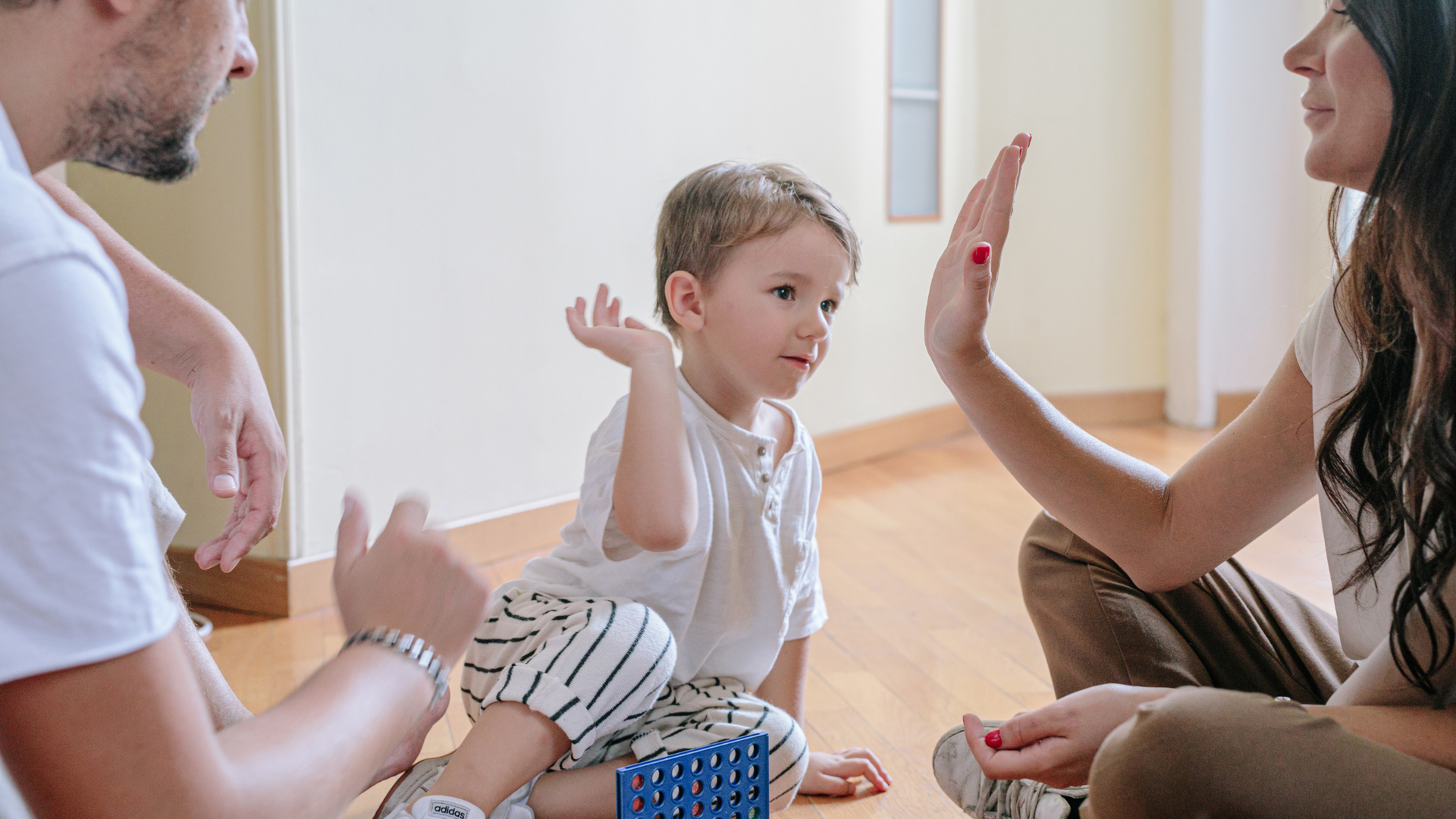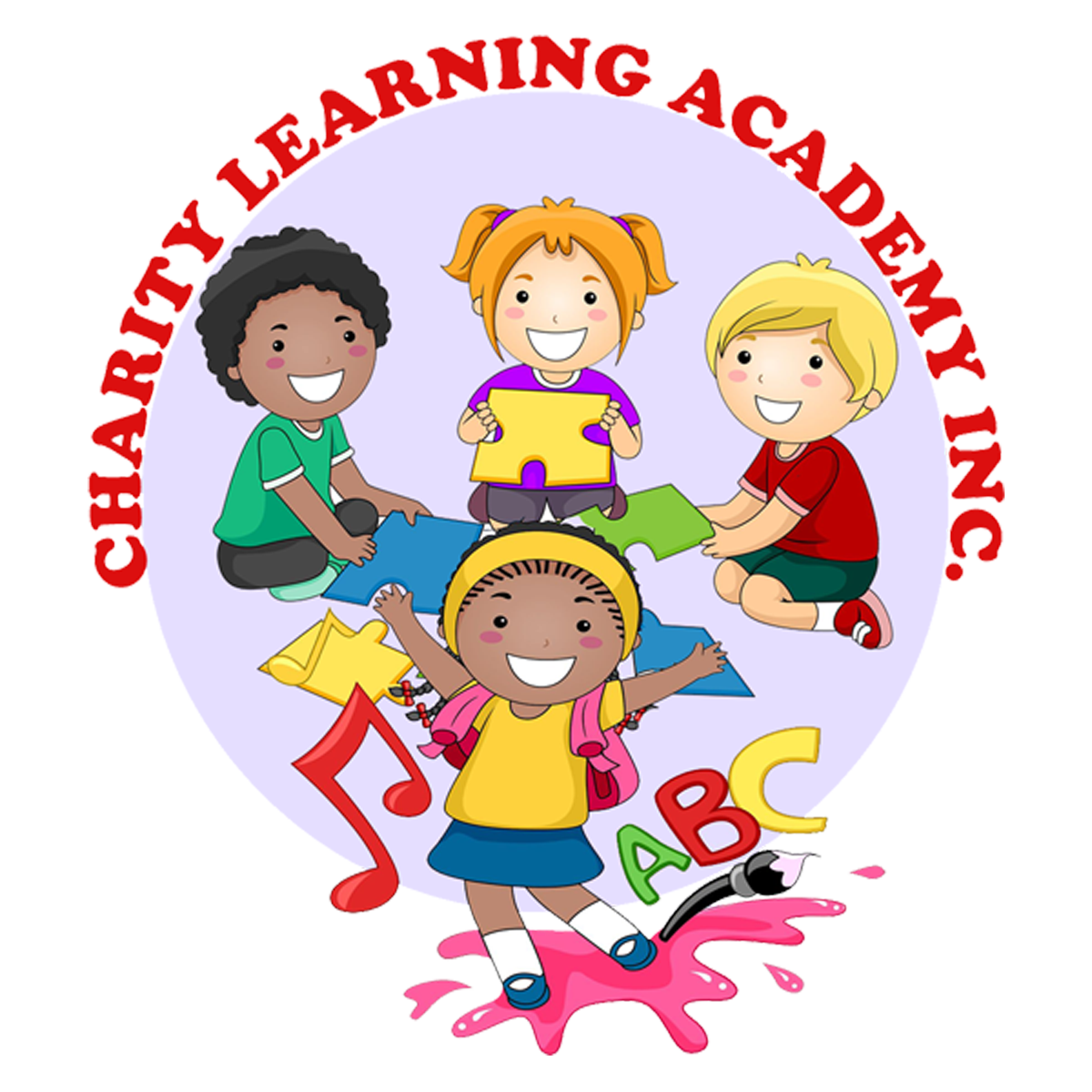What Your Toddler Needs for a Successful Start in Preschool
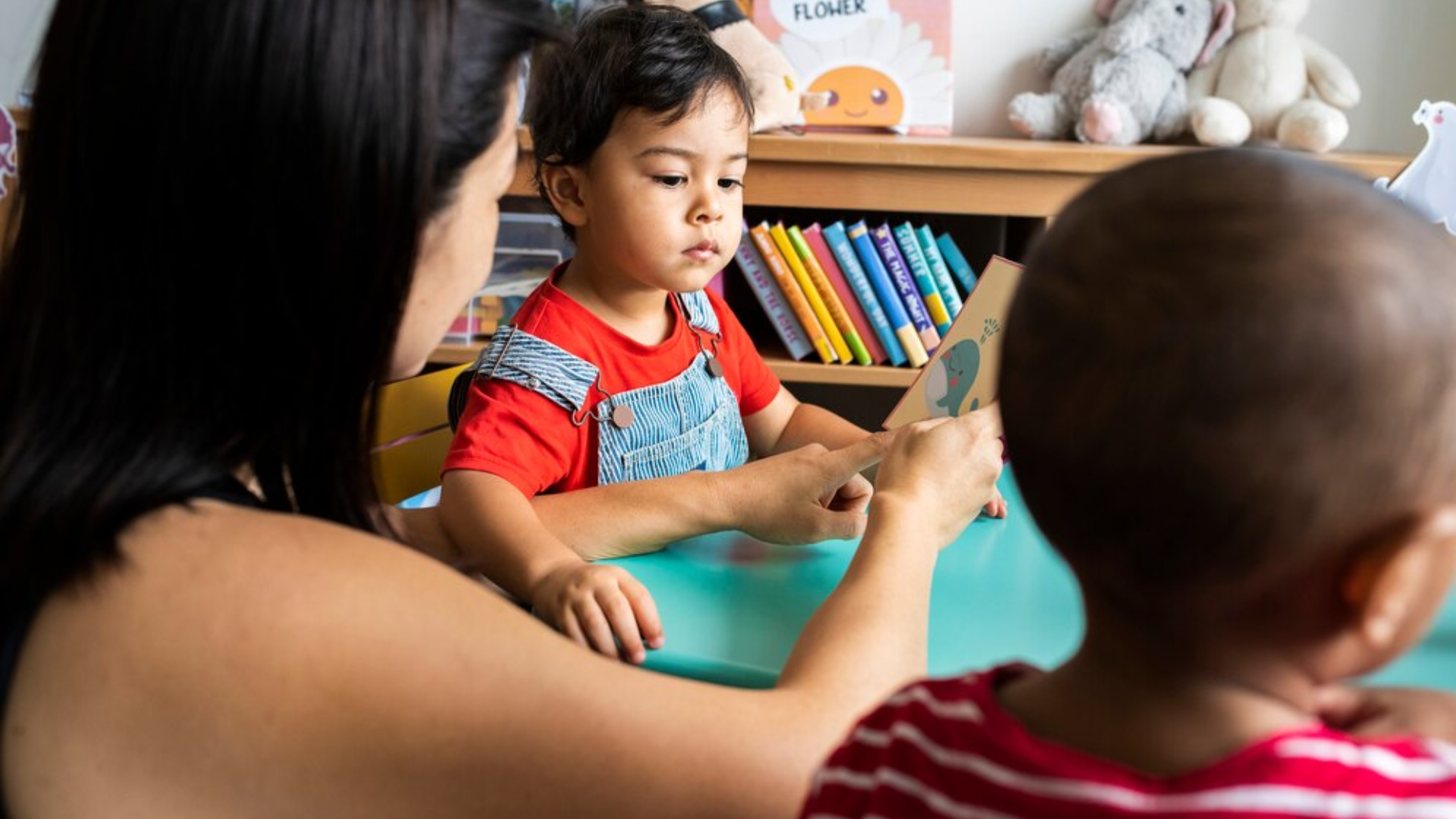
Starting preschool is one of the most exciting and important transitions in your toddler’s early years. For many children, it is their first experience being away from home in a structured setting with other children and adults outside of their family. While this transition can be filled with curiosity, growth, and joy, it can also bring feelings of uncertainty for both children and parents.
A successful start in preschool doesn’t happen by chance. It is the result of thoughtful preparation, supportive relationships, and understanding what toddlers truly need as they take this big step into a new learning environment.
In this article, we will explore the emotional, social, cognitive, and practical needs that help toddlers not only adjust to preschool but thrive in it. Whether your child is starting in a few weeks or a few months, this guide will help you lay the foundation for a confident and happy beginning.
Emotional Readiness: Building a Sense of Security
Preschool is often the first place where a toddler is asked to separate from their primary caregiver for an extended period. This shift can bring up big emotions, especially if your child is still learning how to navigate feelings like fear, anxiety, or excitement. The most important emotional need during this time is a sense of safety and security.
How to support emotional readiness:
- Talk positively about preschool well before the first day. Read books about school, visit the classroom if possible, and talk about the teachers and daily activities in a calm and reassuring tone.
- Create a goodbye ritual that is predictable and comforting. A hug, a wave, and a “See you after nap time” can help toddlers transition with less stress.
- Acknowledge your child’s feelings. Let them know it is okay to feel nervous or unsure. Naming the emotion and offering comfort helps them feel understood and safe.
- Practice short separations in the weeks leading up to preschool. Leaving your toddler with a trusted family member or sitter for a short time can help them build confidence in being apart and then reuniting with you.
Social Skills: Learning to Share and Cooperate
Preschool is a place where toddlers begin to develop important social skills that will serve them throughout life. While it is not necessary for your child to be perfectly social before preschool begins, helping them build early social awareness can make the transition smoother.
How to encourage early social development:
- Model and practice taking turns during play at home. Games and activities that involve waiting and sharing teach toddlers the basics of cooperation.
- Offer opportunities to play with peers in small group settings. Whether at the park, playdates, or community events, these experiences help toddlers become more comfortable interacting with other children.
- Use role-play to teach kindness, empathy, and problem-solving. For example, you might use stuffed animals to act out a situation where one toy asks the other for help or takes turns with a toy.
Communication Skills: Expressing Needs and Listening
Toddlers do not need to speak in full sentences to be ready for preschool, but they do need to be able to communicate their basic needs, feelings, and preferences in some way. Whether through words, gestures, or pointing, having a way to express themselves is key.
How to build communication confidence:
- Encourage your toddler to ask for help when they need it. Model this by saying things like, “If you are thirsty, you can say, ‘Water please.’”
- Read together every day and ask open-ended questions about the story. This encourages listening and language development.
- Listen attentively when your toddler speaks. Make eye contact, respond thoughtfully, and show them their voice matters.
Self-Help Skills: Practicing Independence
Toddlers love doing things “by myself.” Encouraging this sense of independence helps prepare them for the routines and expectations of preschool, such as using the bathroom, cleaning up after playtime, and feeding themselves during snacks or lunch.
Skills to practice at home:
- Putting on and taking off jackets, shoes, and backpacks
- Using the toilet independently or communicating when they need help
- Cleaning up toys after playing and putting belongings in their place
- Feeding themselves using utensils and drinking from a cup
Allowing extra time for your toddler to do these things on their own — even if it takes longer — builds their confidence and sense of responsibility.
Cognitive Curiosity: Exploring and Learning Through Play
Preschool is a place of joyful exploration. While academics are not the focus at this stage, children do benefit from having curiosity, focus, and an eagerness to explore. These early learning behaviors are more important than knowing letters or numbers.
How to nurture a love for learning:
- Engage your toddler in hands-on activities such as building blocks, puzzles, sorting games, and art projects.
- Ask “what,” “how,” and “why” questions that encourage thinking and discovery. For example, “Why do you think the blocks fell down?” or “What happens when we mix red and blue?”
- Limit screen time and encourage real-world play, nature exploration, and creative activities that stimulate the senses and build focus.
A Smooth Daily Routine: Consistency Matters
Children thrive on routine. Predictable schedules help toddlers know what to expect, which makes transitions smoother and reduces stress. Getting into a regular rhythm at home can make the preschool experience feel more familiar.
Ways to establish routine before preschool begins:
- Create a consistent bedtime and wake-up schedule that aligns with the preschool routine
- Practice morning routines like getting dressed, eating breakfast, and packing a bag
- Talk about the daily flow of preschool — such as circle time, snack, outdoor play, and nap — so your child can visualize the day
Choosing the Right Preschool Environment
Of course, part of what makes a successful start is enrolling your child in a preschool that meets their developmental needs and treats them as a whole person. Look for programs that:
- Value emotional development as much as academic readiness
- Have caring, responsive teachers who understand early childhood development
- Offer hands-on, play-based learning that encourages exploration
- Promote strong communication with families and invite parent involvement
- Provide a safe, clean, and nurturing environment
At Charity Learning Academy, we believe in supporting each child’s individual path to learning. Our toddler and preschool programs are designed to provide the structure, love, and guidance children need to blossom with confidence.
Creating a nurturing and emotionally supportive space is vital to a child's overall development. Both the importance of emotional support in early childhood education and why a loving environment is crucial for infant learning emphasize how consistent affection, trust, and emotional safety lay the essential groundwork for a child’s confidence, curiosity, and lifelong learning potential.
Conclusion
Your toddler’s first experience in preschool sets the tone for a lifelong journey of learning. By understanding what your child needs emotionally, socially, physically, and cognitively, you can support a positive, successful transition that honors their pace and personality.
Remember, it is not about having every skill perfected before the first day. It is about preparing your child to feel safe, confident, and excited to explore the world in a new way. With your support, and the right early learning environment, your toddler will be ready to take those first brave steps toward independence, friendship, and discovery.
If you are looking for a nurturing and inspiring preschool where your child can grow and thrive, we invite you to tour our classrooms and learn more about how we support every child’s successful start.
